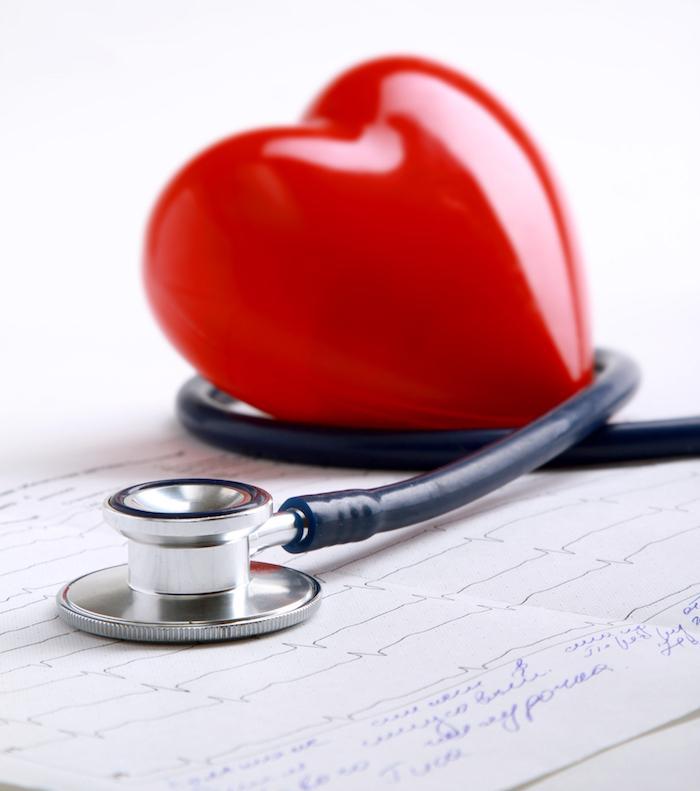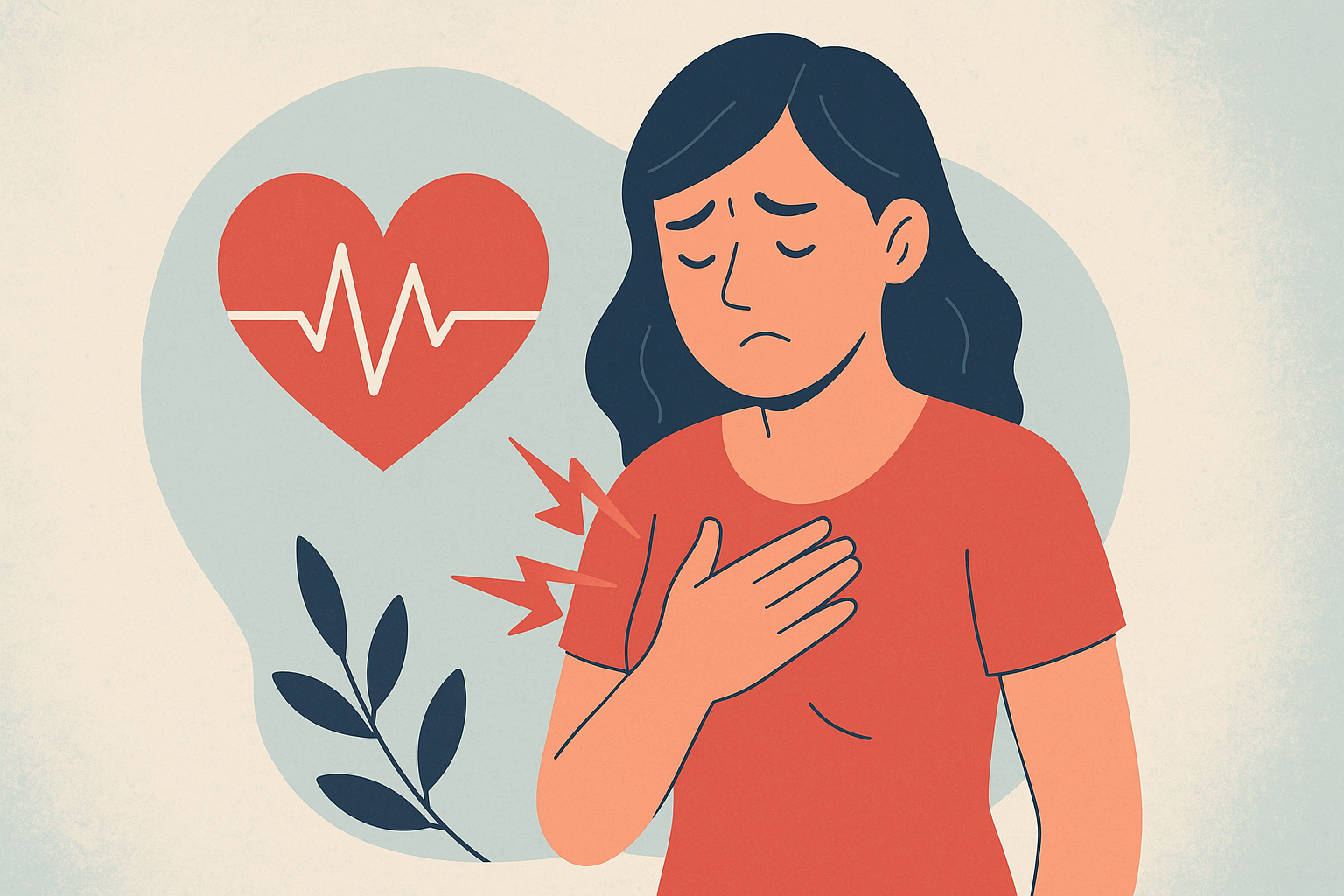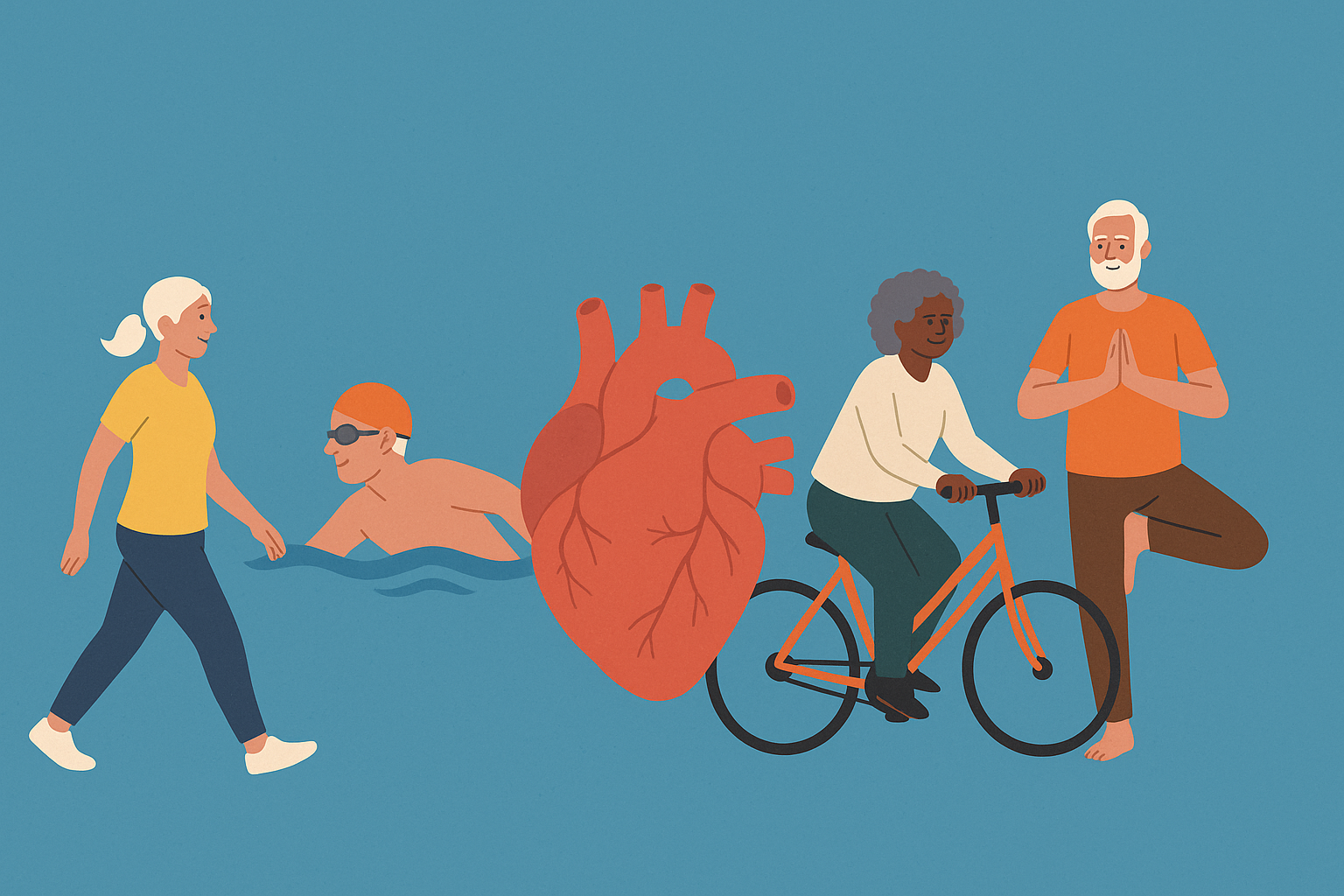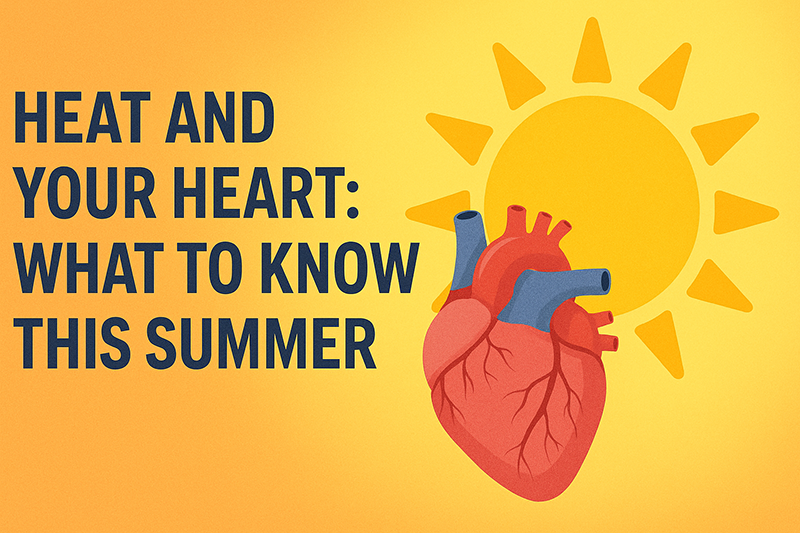Whether from an unexpected bill or a tight deadline at work, stress seems to be a fact of life. While you may not be able to escape life’s many stresses, the amount of stress you endure and how you react to it can affect your health, and more specifically your heart health.
Because heart disease is the No. 1 killer of both men and women in the United States, we at Prime Heart and Vascular, under the leadership of renowned cardiologist Rishin Shah, MD, want you to understand how stress affects your heart and what you can do about it.
Stress — it’s hormonal
Biologically speaking, stress, whether real or perceived, induces a fight-or-flight reaction from your body. The purpose of the stress reaction is to save you from danger, like being attacked by a saber-tooth tiger. When your body feels stress, it releases hormones, namely cortisol and adrenaline, that increases your heart rate and responsiveness so you can protect yourself from the dangerous situation.
Unfortunately, your body hasn’t evolved to differentiate from life-or-death stress and societal pressure stress. If you’re in a constant state of stress from your job or responsibilities at home, your body may be in a chronic state of fight or flight, which means your heart rate may be running high for days.
How stress affects your heart
Chronic stress is taxing to your heart. The constant increase in your heart rate due to your overwhelming stress may increase your risk of an early death. In addition to your heart rate, chronic stress also increases blood pressure, which puts you at risk of having a heart attack or stroke.
It’s not just the stress that’s bad for your heart. You may also turn to unhealthy habits to help you cope, which may further compound the effects on your heart health, such as:
- Overeating
- Using alcohol to help you unwind
- Smoking
Too much stress may also lead to weight gain, insomnia, and anxiety, which may affect heart health, too.
Not just your heart
Stress is most certainly not good for your heart, but it also causes other health issues. With chronic stress you may experience gastrointestinal distress, chronic pain, and changes in your mood. In addition to heart disease, stress may also increase your risk of developing other health conditions such as Type 2 diabetes, acid reflux, or sexual dysfunction.
Managing your stress
Techniques aimed at managing stress help your heart. To start, you need to find a healthy outlet for your excess steam. Exercise is a great way to burn off some of your stress energy and keep your heart in good health.
You can also eliminate stress and help your heart by:
- Eating a healthy diet
- Limiting caffeine
- Avoiding alcohol and cigarettes
- Getting enough sleep
You may want to consider starting your day off with 20 minutes of meditation. Focusing on your breathing and the silence around you can reduce stress levels and lower your blood pressure.
You can improve both stress and heart health with a few tweaks to your daily routine. For expert management of your heart health, call Prime Heart and Vascular today or request an appointment online.





